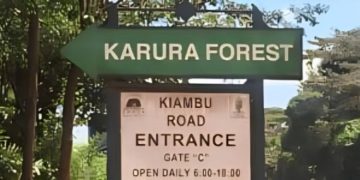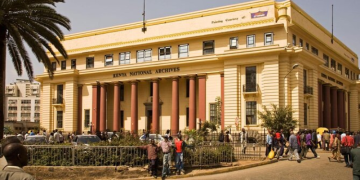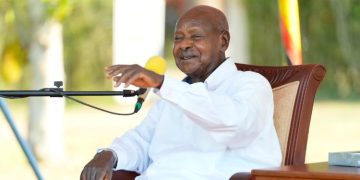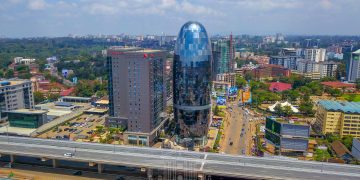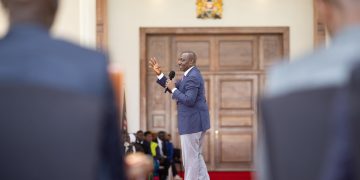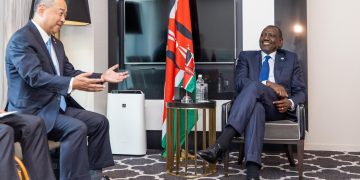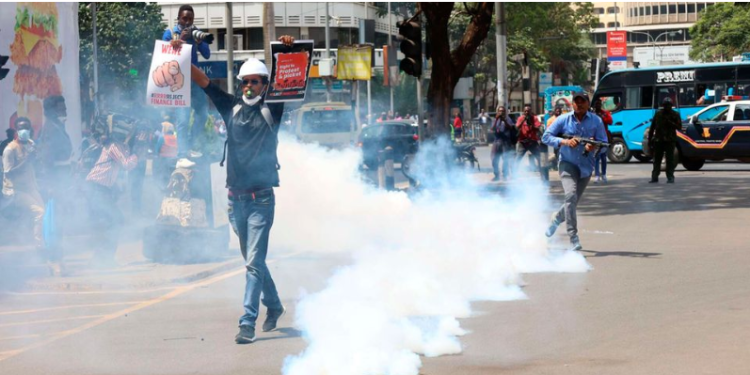The recent decision by the government to charge protesters with terrorism-related offences has sparked public debate on what legally constitutes terrorism.
Interior Cabinet Secretary Kipchumba Murkomen defended the move, stating that the actions of protesters during the June 25 and July 7, 2025, demonstrations in Kenya were not peaceful but deliberate acts of violence intended to destabilize the country.
He cited incidents such as the invasion and burning of police stations, theft of firearms, attacks on judicial buildings, and destruction of businesses as evidence of coordinated efforts to undermine democracy and public safety.
LSK Criticizes Government’s Decision to Charge Protesters with Terrorism
According to the Prevention of Terrorism Act (2012), a terrorist act includes any violent or dangerous action or threat that endangers lives, public safety, property, essential services, or national security. Such acts must also be intended to instill public fear, pressure the government or international organizations, or destabilize a country’s key institutions.
However, the Law Society of Kenya (LSK), through its President Faith Odhiambo, criticized the government’s move. The LSK also took issue with Chief Justice Martha Koome’s remarks, labeling the burning of the Kikuyu Law Courts as an act of terrorism.
“Our attention is further drawn to the recent trend of protesters and human rights defenders being charged under the Prevention of Terrorism Act (POTA). The misuse of POTA reveals serious institutional lapses within our rule-of-law framework that must be urgently addressed.
While we joined the Judiciary in condemning the burning and vandalism of courts, we must also recognize the justice sector’s responsibility in how law and order are upheld. Evidently, law enforcement appears to have taken cues from the Chief Justice and is now flagrantly abusing POTA, which is meant for exceptional circumstances,” Odhiambo said.
The LSK further noted that Section 2 of the Act clearly states that actions taken in the course of protests and demonstrations cannot be classified as terrorist acts unless there is clear intent to commit terrorism.
Also Read: Ruto Blames Religious Leaders for Ongoing Protests
Lawyer Mwaura Muroki, speaking to the Kenya Times, accused the government, particularly the Office of the Director of Public Prosecutions (ODPP), of using terrorism charges to suppress peaceful protests.
“According to the Constitution, every person has the right to assemble peaceably and unarmed, to demonstrate and picket. Protests are usually directed at a specific location, such as a workplace or event venue, not everywhere,” Mwaura explained.
Lawyers Take on Terrorism Charges
He added that terrorism is a very serious offence. A person convicted of a terrorist act that results in death faces life imprisonment, while an act that does not result in death carries a sentence of up to 30 years.
Several courts recently granted a bond to Saba Saba protesters, with amounts ranging from KSh 50,000 to KSh 300,000. This triggered public outrage, with many describing the bond terms as punitive.
Muroki noted that little can be done once a bond is set, as it falls under judicial discretion.
“Judges have the authority to set bond amounts as long as they do not exceed the statutory limits,” he said.
Also Read: Babu Owino Counters DPP Terror Charges Against Students and Boda Boda Riders
Lawyer and governance expert Javas Bigambo echoed similar concerns, explaining that the bond amounts may appear punitive because terrorism is considered a serious and exceptional offence.
“Terrorism charges are not ordinary. So to that extent, the bond terms are reflective of the gravity of the charges,” he stated.
Bigambo also noted that a citizen can be charged with terrorism if investigations by the police or the Directorate of Criminal Investigations (DCI) establish that the nature of their actions qualifies under terrorism definitions. However, the final decision to charge lies solely with the Director of Public Prosecutions (DPP), based on sufficient evidence and legal thresholds.
Follow our WhatsApp Channel and X Account for real-time news updates
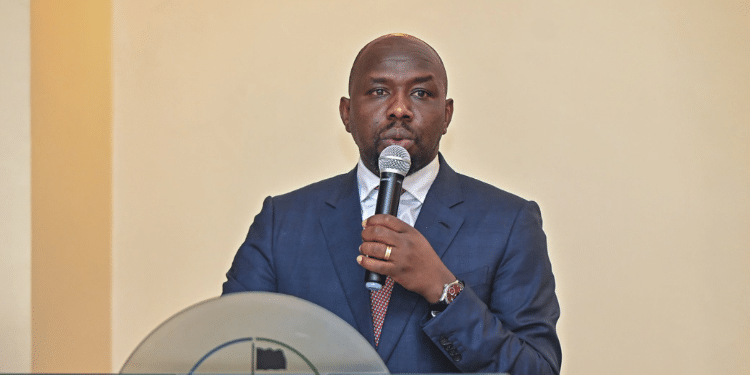

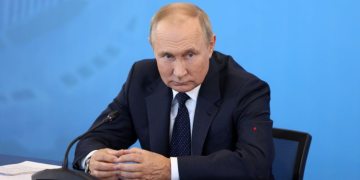

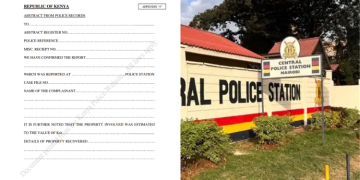
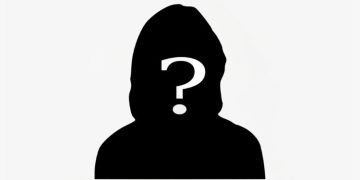
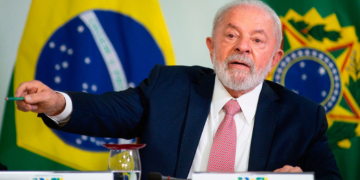
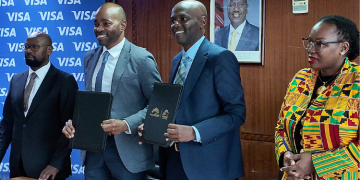

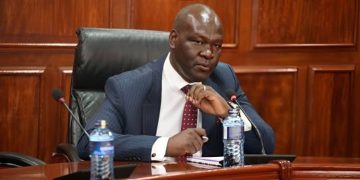





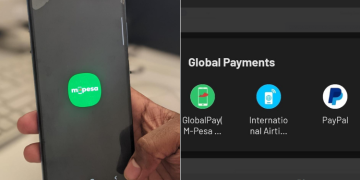


![Details Of Luxury Private Jet Hired By Ruto For Ethiopia Trip [Cost, Ownership, Model] President Williams Ruto Arrived In Addis Ababa To Participate In The 2Nd Africa Climate Summit. Photo/Ministry Of Foreign Affairs Ethiopia.]( https://thekenyatimescdn-ese7d3e7ghdnbfa9.z01.azurefd.net/prodimages/uploads/2025/09/ruto-ethiopia-1-360x180.jpg)

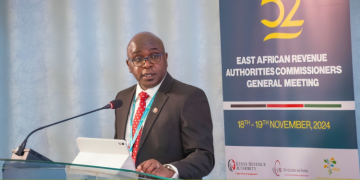
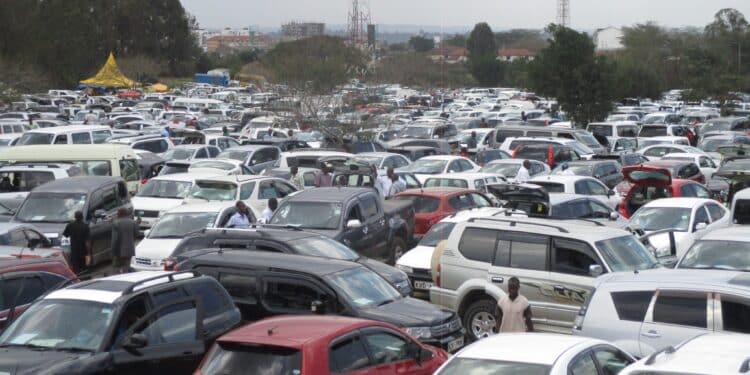
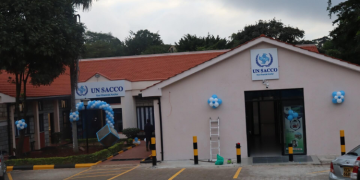
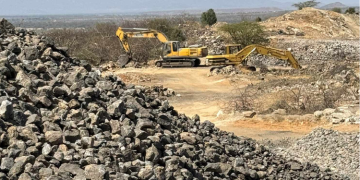
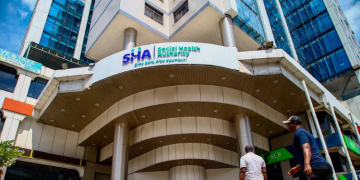
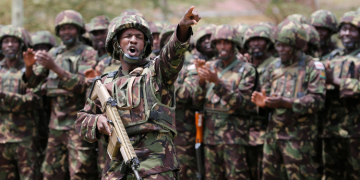


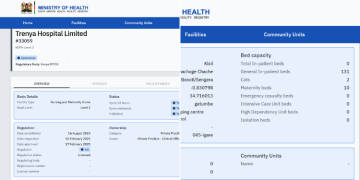

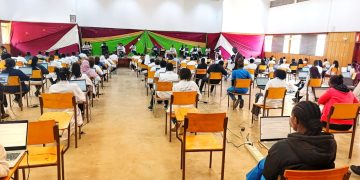
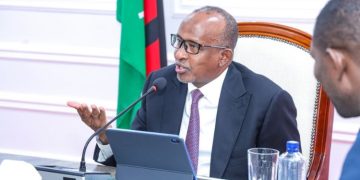
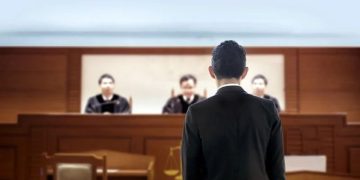


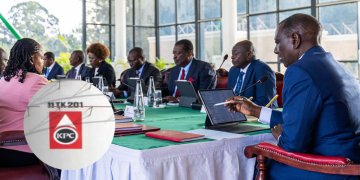
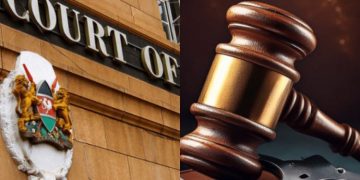

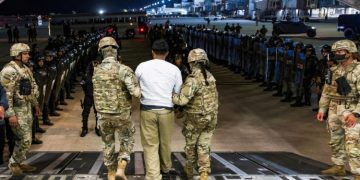
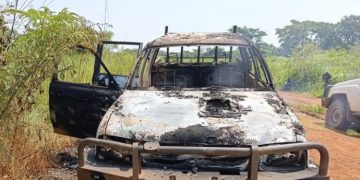
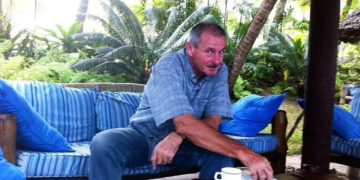



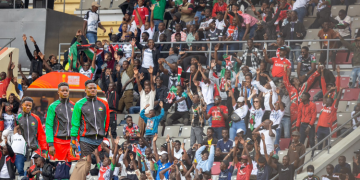





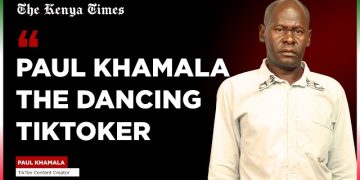



![Ntv Anchors Bring Village To Standstill With Heartwarming Birthday Party [Photos] A Photo Of Ntv Swahili Anchors Lofty Matambo And Fridah Mwaka During Their Birthday Celebration In Kilifi County Photo/ Lofty Matambo And Fridah Mwaka]( https://thekenyatimescdn-ese7d3e7ghdnbfa9.z01.azurefd.net/prodimages/uploads/2025/09/A-photo-of-NTV-Swahili-anchors-Lofty-Matambo-and-Fridah-Mwaka-during-their-birthday-celebration-in-Kilifi-County-PHOTO-Lofty-Matambo-and-Fridah-Mwaka-360x180.png)


